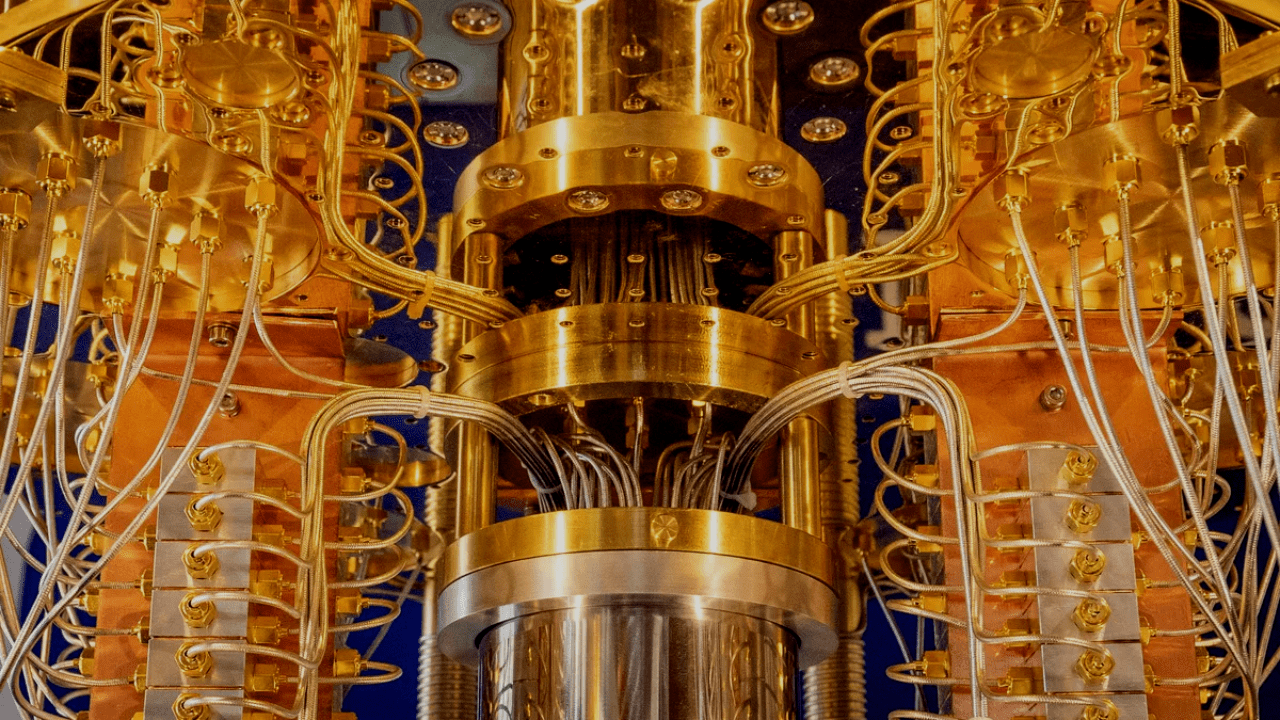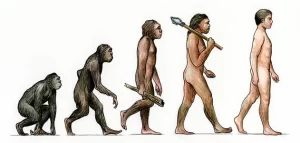Quantum computing is a type of computing that uses quantum-mechanical phenomena, such as superposition and entanglement, to perform operations on data. Unlike classical computers, which store and process information using bits that are either 0 or 1, quantum computers use quantum bits, or qubits, which can represent a 0, a 1, or both at the same time. This property, known as superposition, allows quantum computers to perform certain calculations much faster than classical computers.
Quantum computers also use a phenomenon called entanglement, in which two or more qubits become correlated in such a way that the state of one qubit affects the state of the other. This allows quantum computers to perform certain operations simultaneously, rather than sequentially as classical computers do.
Quantum computers have the potential to solve certain problems much faster than classical computers, especially those that involve searching through large databases or optimizing complex systems. They are being researched and developed for a variety of applications, including cryptography, drug discovery, and materials science. However, quantum computers are still in the early stages of development and there are many technical challenges that need to be overcome before they can be widely used.







